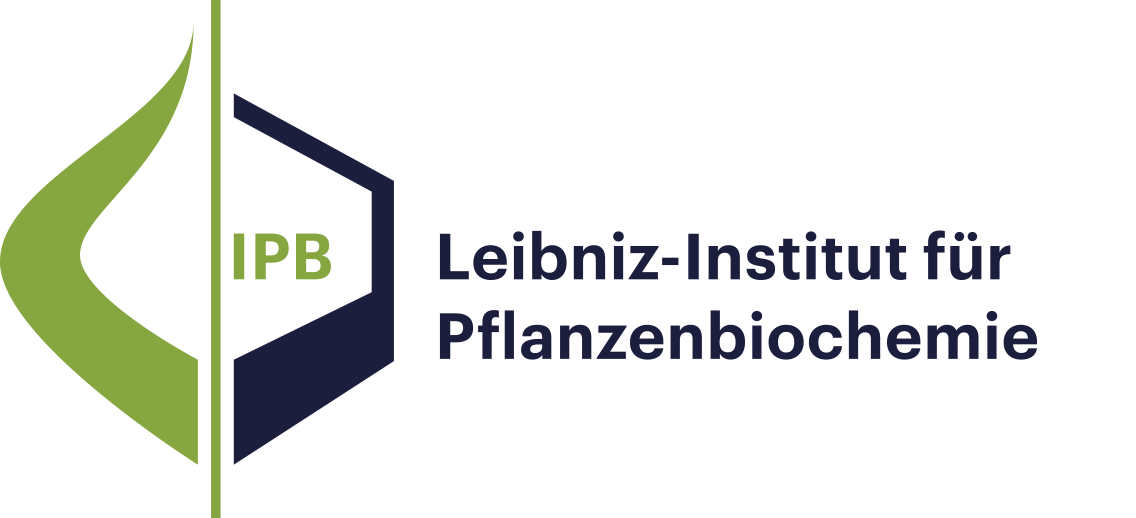Publikationen - Molekulare Signalverarbeitung
- Ergebnisse als:
- Druckansicht
- Endnote (RIS)
- BibTeX
- Tabelle: CSV | HTML
Publikation
Publikation
Diese Seite wurde zuletzt am 15 Aug 2012 geändert.
Leitbild und Forschungsprofil
Molekulare Signalverarbeitung
Natur- und Wirkstoffchemie
Biochemie pflanzlicher Interaktionen
Stoffwechsel- und Zellbiologie
Unabhängige Nachwuchsgruppen
Program Center MetaCom
Publikationen
Gute Wissenschaftliche Praxis
Forschungsförderung
Netzwerke und Verbundprojekte
Symposien und Kolloquien
Alumni-Forschungsgruppen
Publikationen
Publikationen - Molekulare Signalverarbeitung
Publikation
Calcium (Ca2+) signaling modules are essential for adjusting plant growth and performance to environmental constraints. Differential interactions between sensors of Ca2+ dynamics and their molecular targets are at the center of the transduction process. Calmodulin (CaM) and CaM-like (CML) proteins are principal Ca2+-sensors in plants that govern the activities of numerous downstream proteins with regulatory properties. The families of IQ67-Domain (IQD) proteins are a large class of plant-specific CaM/CML-targets (e.g., 33 members in A. thaliana) which share a unique domain of multiple varied CaM retention motifs in tandem orientation. Genetic studies in Arabidopsis and tomato revealed first roles for IQD proteins related to basal defense response and plant development. Molecular, biochemical and histochemical analysis of Arabidopsis IQD1 demonstrated association with microtubules as well as targeting to the cell nucleus and nucleolus. In vivo binding to CaM and kinesin light chain-related protein-1 (KLCR1) suggests a Ca2+-regulated scaffolding function of IQD1 in kinesin motor-dependent transport of multiprotein complexes. Furthermore, because IQD1 interacts in vitro with single-stranded nucleic acids, the prospect arises that IQD1 and other IQD family members facilitate cellular RNA localization as one mechanism to control and fine-tune gene expression and protein sorting.
Publikation
Calcium (Ca2+) signaling modules are essential for adjusting plant growth and performance to environmental constraints. Differential interactions between sensors of Ca2+ dynamics and their molecular targets are at the center of the transduction process. Calmodulin (CaM) and CaM-like (CML) proteins are principal Ca2+-sensors in plants that govern the activities of numerous downstream proteins with regulatory properties. The families of IQ67-Domain (IQD) proteins are a large class of plant-specific CaM/CML-targets (e.g., 33 members in A. thaliana) which share a unique domain of multiple varied CaM retention motifs in tandem orientation. Genetic studies in Arabidopsis and tomato revealed first roles for IQD proteins related to basal defense response and plant development. Molecular, biochemical and histochemical analysis of Arabidopsis IQD1 demonstrated association with microtubules as well as targeting to the cell nucleus and nucleolus. In vivo binding to CaM and kinesin light chain-related protein-1 (KLCR1) suggests a Ca2+-regulated scaffolding function of IQD1 in kinesin motor-dependent transport of multiprotein complexes. Furthermore, because IQD1 interacts in vitro with single-stranded nucleic acids, the prospect arises that IQD1 and other IQD family members facilitate cellular RNA localization as one mechanism to control and fine-tune gene expression and protein sorting.
Diese Seite wurde zuletzt am 15 Aug 2012 geändert.

